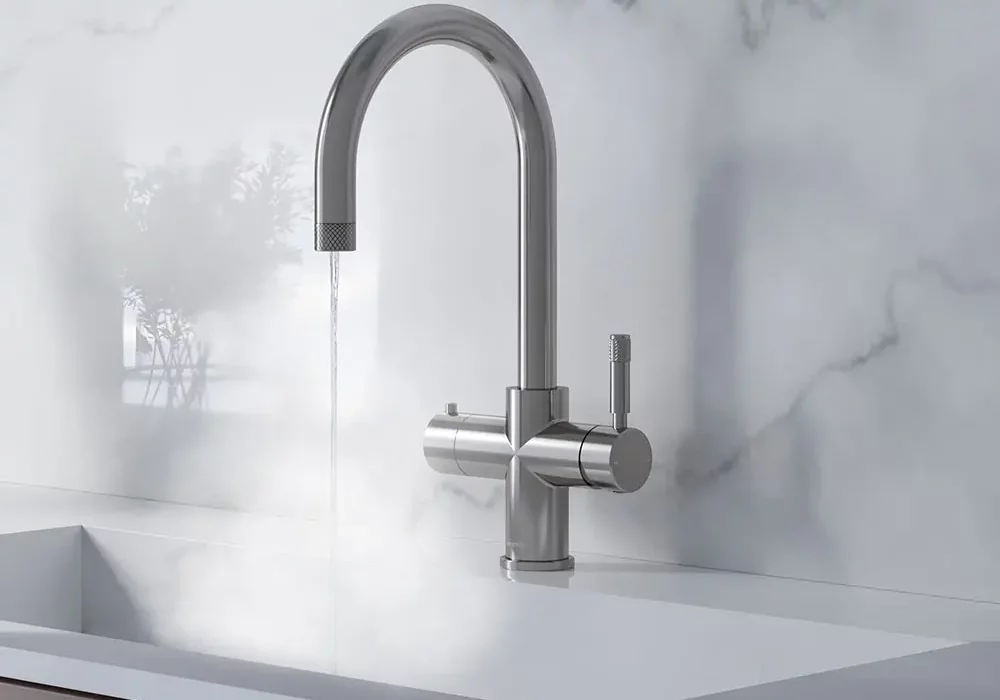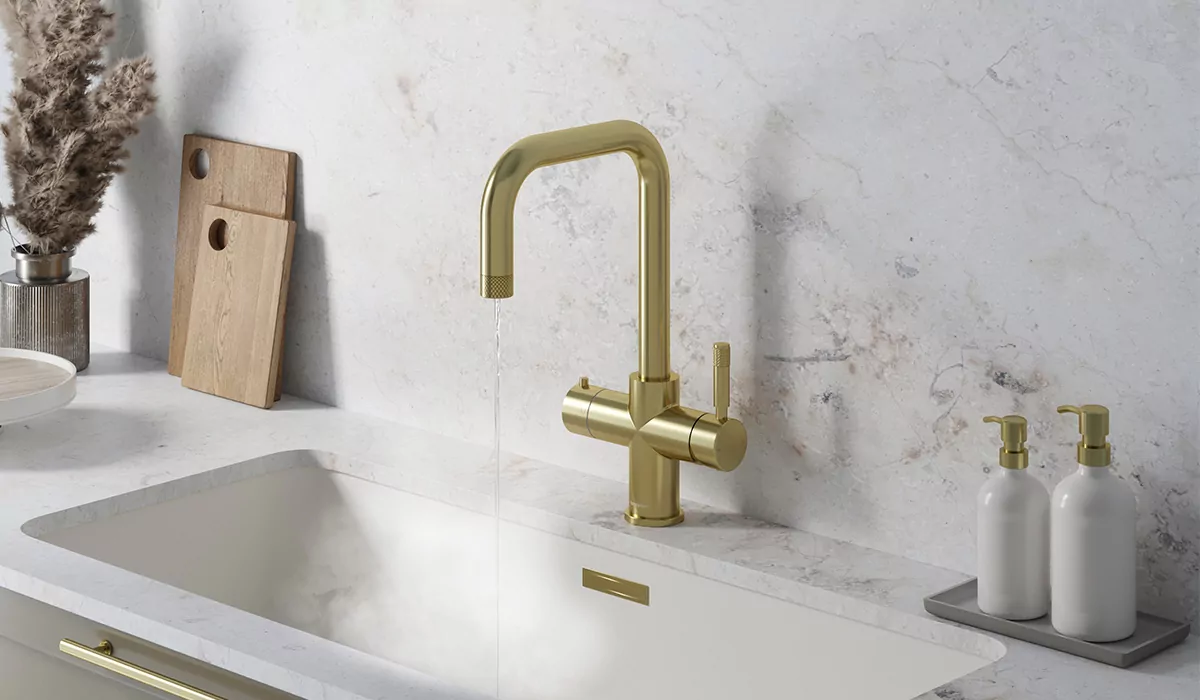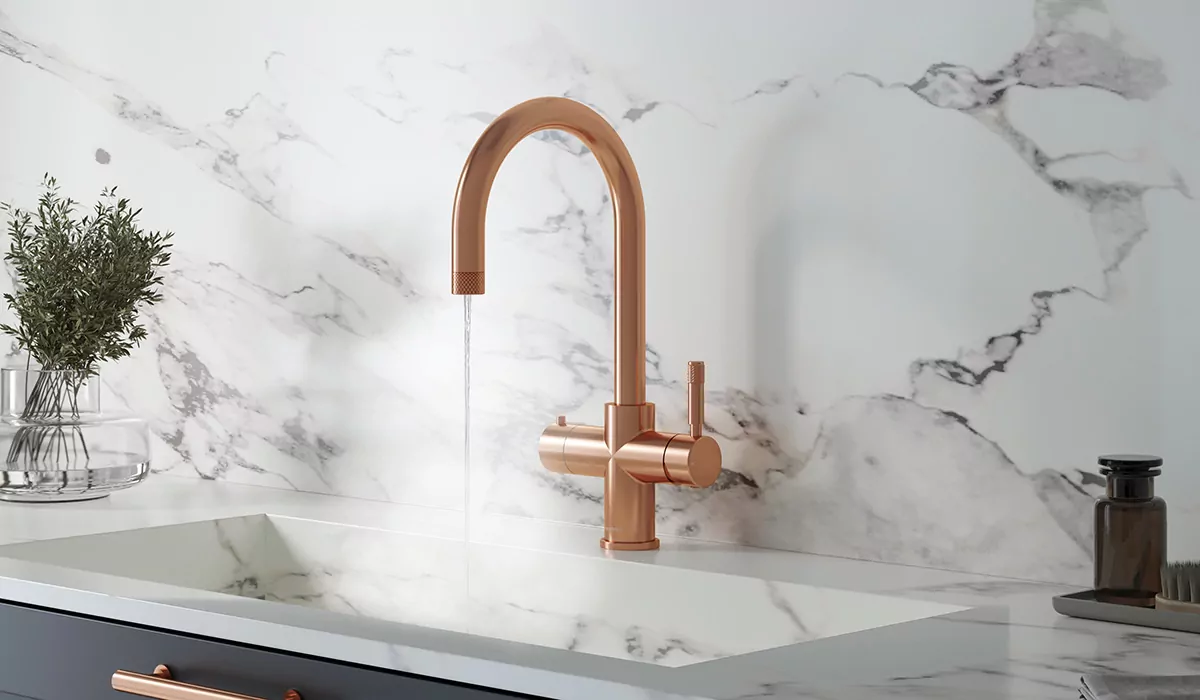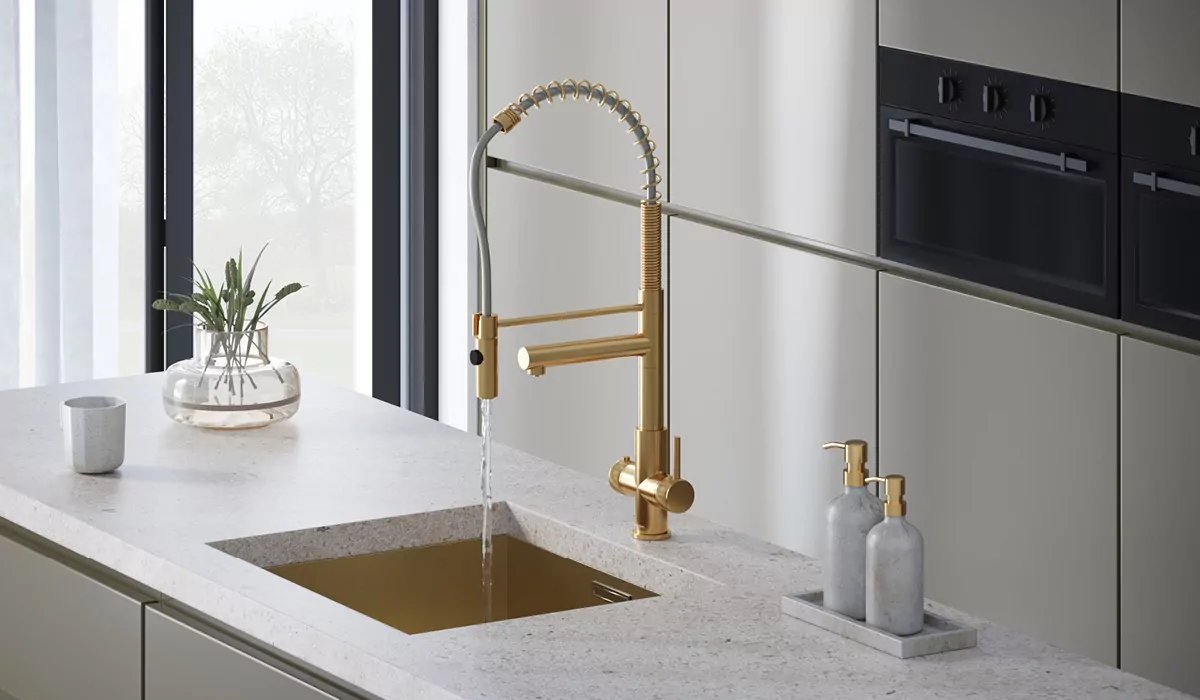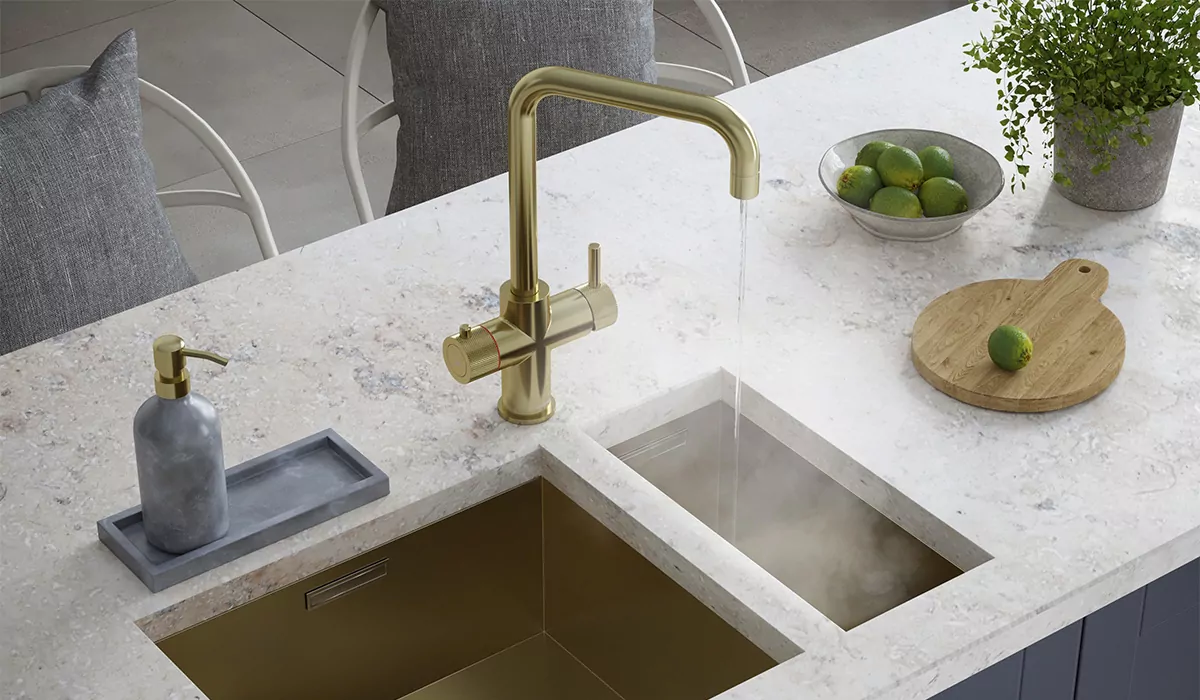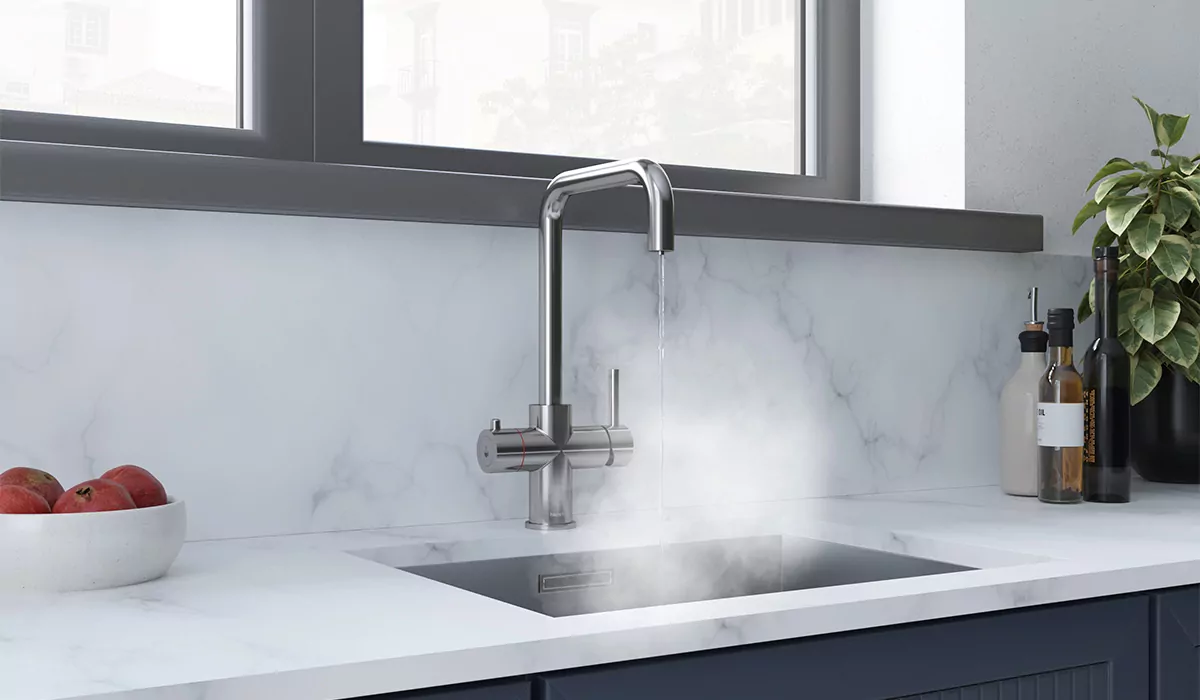Do you ever wish that tap water tasted better? We understand – British tap water can have a range of minerals, impurities and chemicals that can affect the taste. But don’t worry – there are several simple ways to improve the taste of your water without resorting to buying bottled water all the time.
In this blog post, we’ll explore the options available when it comes to improving tap water taste.
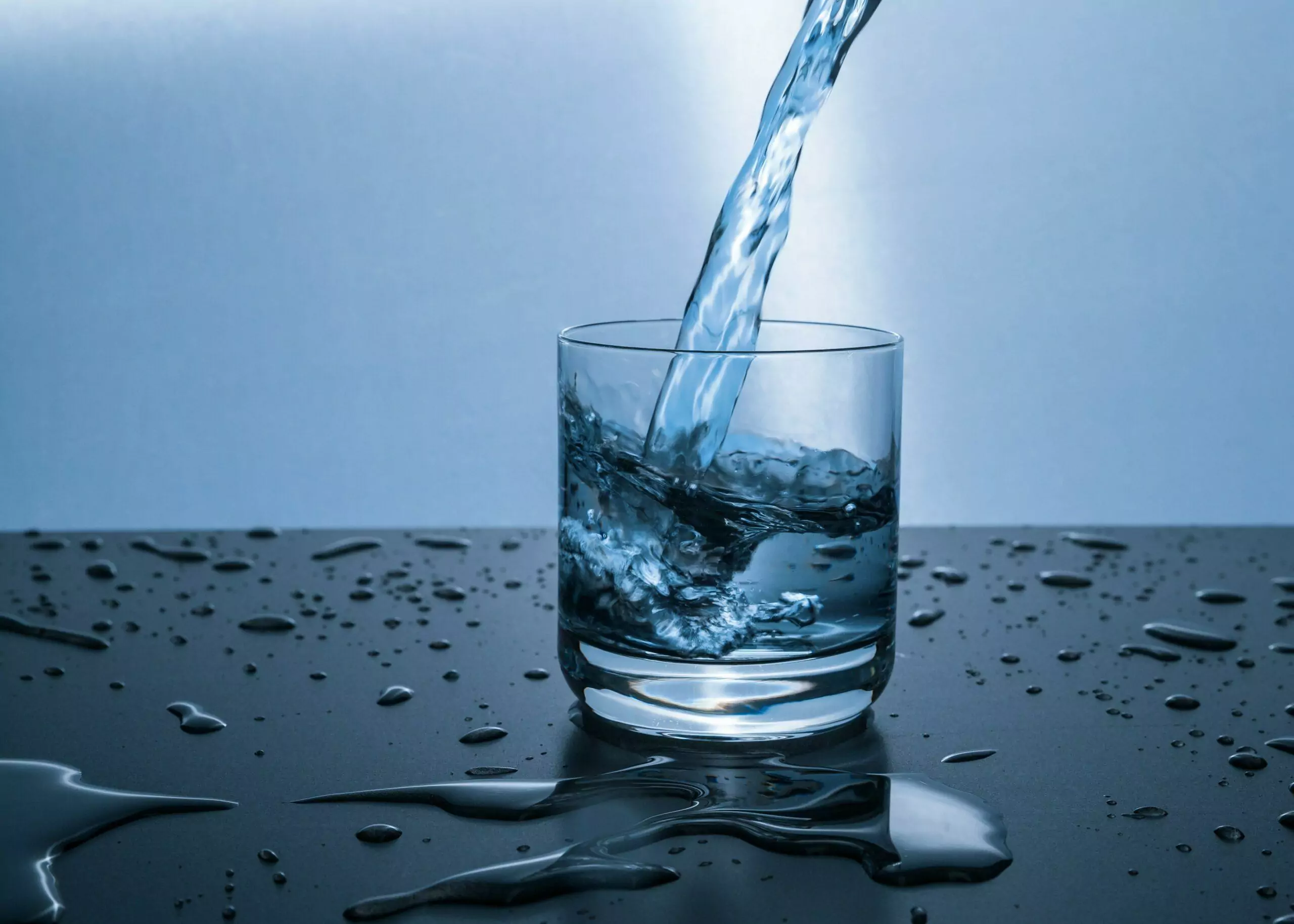
What’s in UK Tap Water?
Tap water in the United Kingdom is of high quality and is considered one of the safest sources of drinking water in the world. It is treated using several different methods to make it fit for consumption, including filtration, aeration and sediment removal, chemical treatment with chlorine or other disinfectants, Softening, pH alteration and the addition of minerals such as calcium, magnesium and potassium.
In addition to these processes, there are also strict legal requirements on water quality that all suppliers must adhere to in order to continue providing water- safe for drinking. As such, customers in the UK can rest assured knowing that their tap water has been thoroughly checked and approved. However, the volume of minerals and chemicals in tap water can leave an odd taste in consumers’ mouths, particularly in areas with hard water.
Water Hardness: Common Impurities and Minerals in Tap Water
One important water quality concern that is especially relevant for tap water, is water hardness. The hardness of water results from the presence of certain minerals such as calcium, magnesium, and iron particles in water. These minerals are referred to as ‘impurities’ and the volume of them will differ depending on your water source. Generally, the UK ‘South’ (e.g. London and the South-East) and ‘East’ have harder water than the ‘North’, ‘West’ and Scotland, which means there is a higher concentration of minerals in the water.
Water hardness level will affect the lifespan of appliances, such as dishwashers, kettles and washing machines, but it will also have a significant impact on the smell and taste of tap water. Too much of certain minerals in tap water can give your drinking water an unpleasant taste, as well as metallic odours or a minty smell. This is why it’s important to understand what is causing the off-taste before attempting to address it.
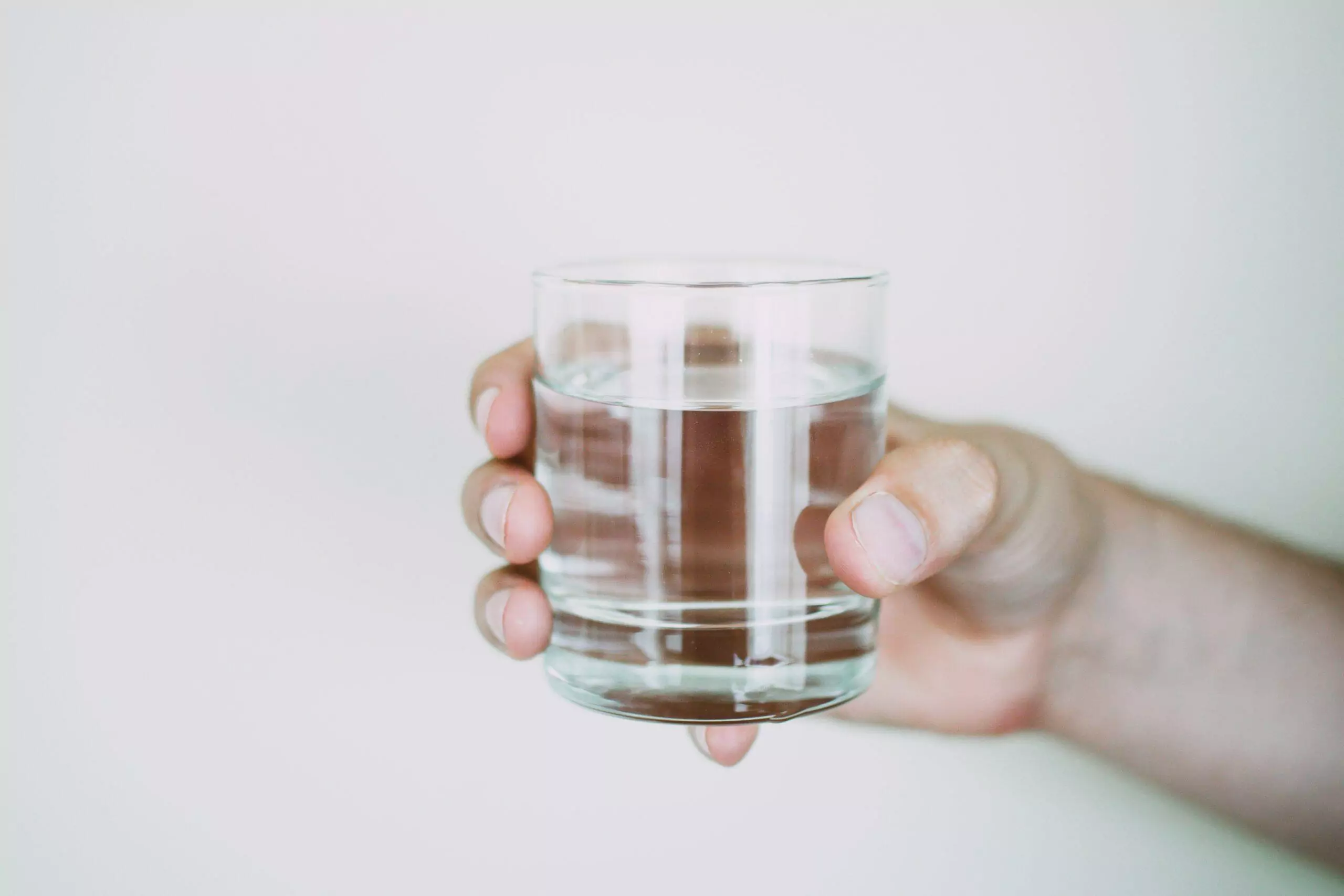
Different Types of Filtration Systems
Water filtration systems are becoming increasingly important for households everywhere. With different types of systems available, homeowners can choose the one that best suits their needs. Reverse osmosis systems, for example, are great for removing heavy sediments and pollutants from the water supply, while activated carbon filters can reduce bad odours and tastes.
Some filters also come with ultraviolet lights to help eliminate bacteria from the water. This technology is usually not found in regular faucet filters, but it may be worth considering if contaminants from runoff or other sources are an issue in your area. There is no one-size-fits-all solution when it comes to choosing a filtration system for your home, so it is important to research all of your options carefully before making a purchase.
Will boiling tap water improve its taste?
Boiling tap water to improve its taste is a common and understandable practice; however, it isn’t necessarily the most efficient way to go about improving the flavour of your water. While boiling does purify water and reduce certain levels of bacteria and other microorganisms that could give it an odd taste or smell, repeatedly doing so could cause a buildup of minerals which can actually make the water worse tasting than before.
Filtering systems like reverse osmosis and carbon filters can offer much more effective results with regard to taste. Especially in places where hard water is an issue, these filtration systems will be able to provide more consistent and tastier drinking water without the hassle associated with boiling.
Boiling taps with built-in filters
Boiling taps are a great way to always have access to hot water for drinking or cooking. They eliminate the need for waiting for water to boil on the stove or using an electric kettle, allowing you to be more efficient in your kitchen tasks. But did you know that some of these taps also come with built-in filters?
By combining boiling and filtration into one system, a 4-in-1 tap can not only provide instant hot water but can also help ensure that it’s clean and safe. With a built-in filter, you’ll have peace of mind knowing your family is consuming the cleanest water possible. Furthermore, this filter ensures that all contaminants will be removed from the tap’s supply so you won’t have to worry about limescale buildup on fixtures over time.
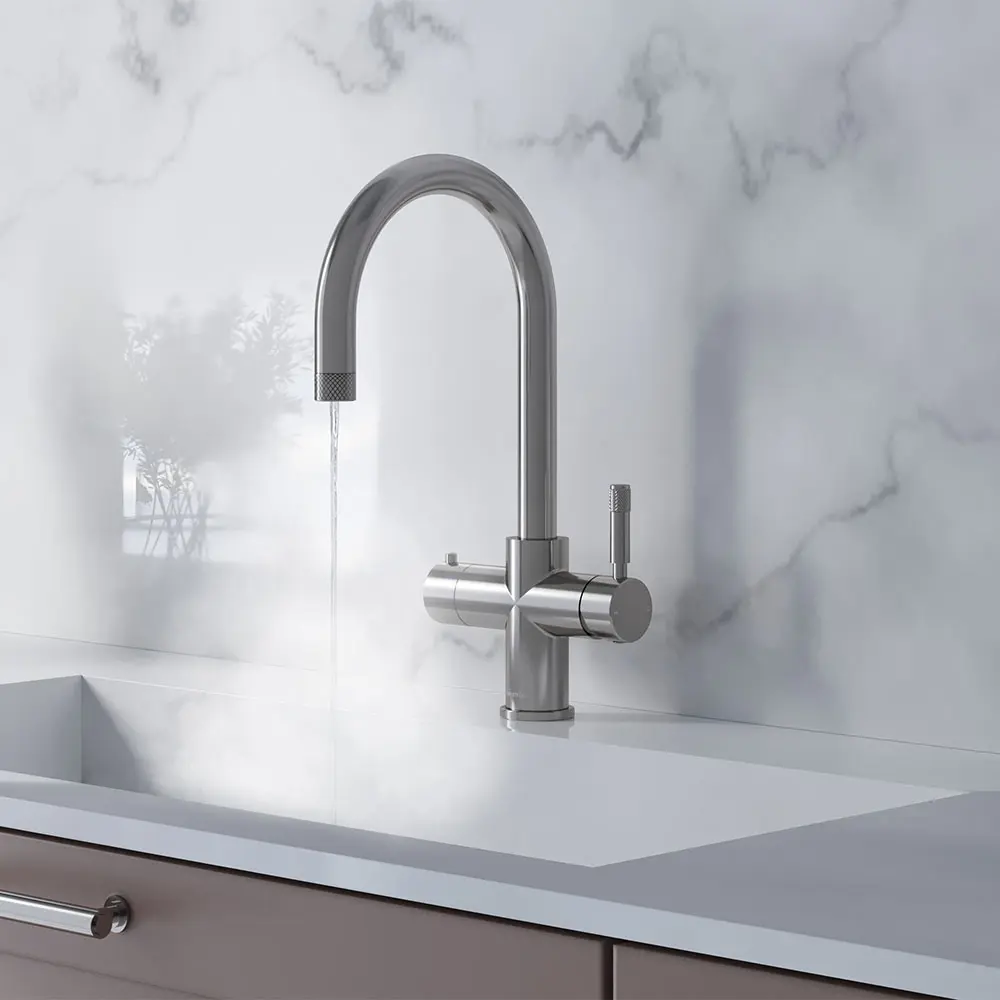
Conclusion
Now that we have examined the various methods to improve the taste of tap water, it’s time to determine the best approach for your home or business. Remember that some steps will be more beneficial than others and it may take a bit of trial and error to find what works best for you.
Read more about boiling water taps, learn how a boiling water tap works or shop our full collection of boiling water taps.
